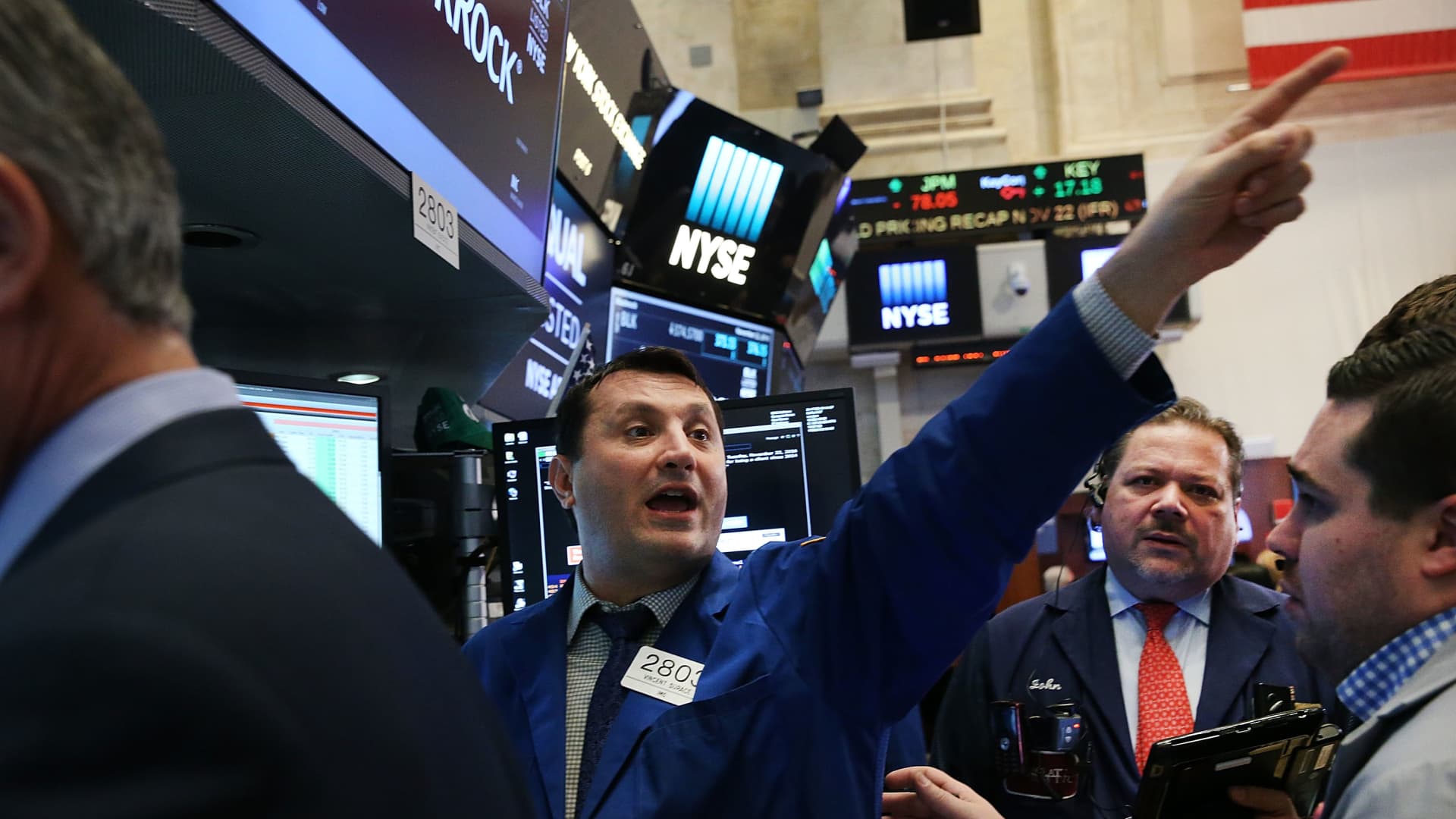Play all audios:
Despite investors' enthusiasm over the pro-growth economic policies of President-elect Donald Trump , the average recommended allocation to equities by Wall Street pundits remains well
below normal, a contrarian indicator that could pay off for those willing to bet against the crowd, according to Bank of America Merrill Lynch. The firm's "Sell Side
Indicator" predicts a 19 percent increase in the S & P 500 over the next 12 months. In the past 30 years, the signal had a success rate greater than 90 percent, according to the
bank. Equity and quant strategist Savita Subramanian explains how the "Sell Side Indicator" works: "The Sell Side Indicator is based on the average recommended equity
allocation of Wall Street strategists as of the last business day of each month. We have found that Wall Street's consensus equity allocation has historically been a reliable contrary
indicator. In other words, it has historically been a bullish signal when Wall Street was extremely bearish, and vice versa." In November, the measure jumped 1.6 percent to 51, its
biggest increase in more than a year, but still well below a traditional long-term average benchmark weighting of 60 to 65 percent. Although the "Sell Side Indicator" doesn't
reflect Bank of America's official year-end target, which hasn't been released for 2017, the investment firm uses the measure as one of its inputs. It's a surprisingly simple
contrarian model. When Wall Street strategists are tepid about stocks and recommend clients lower their exposure toward equities, the market often rallies. Average strategist equity
allocation "Historically, when our indicator has been this low or lower, total returns over the subsequent 12 months have been positive 97 percent of the time, with median 12-month
returns of +25 percent," said Subramanian.

